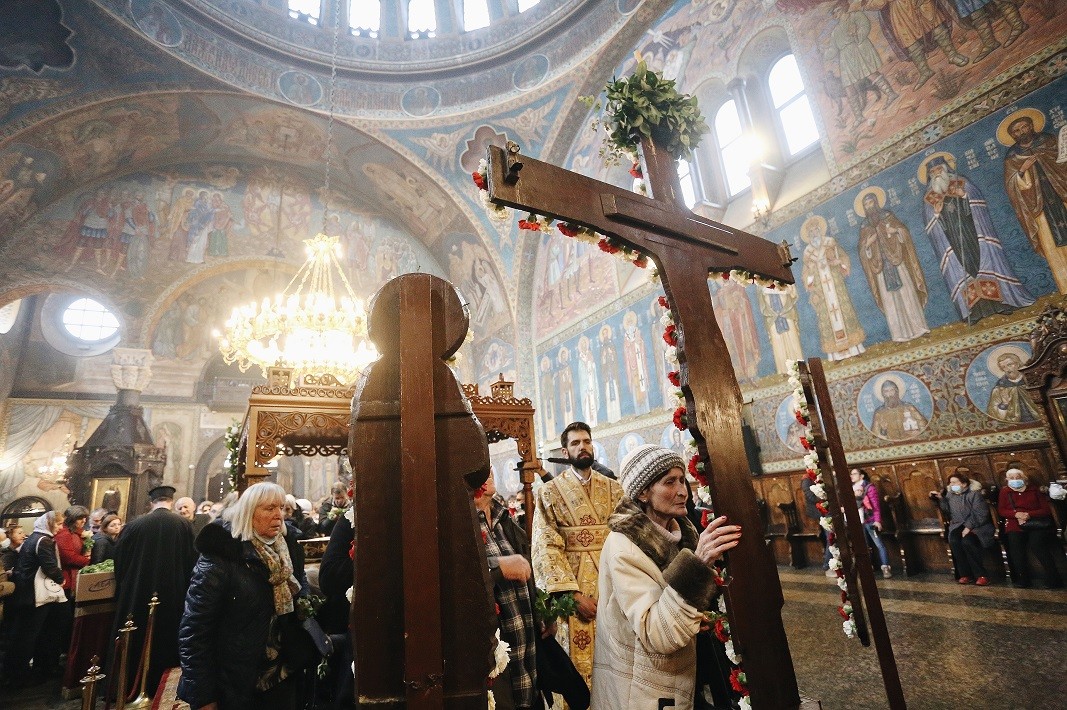
Since his appearance on the Bulgarian music scene nearly 20 years ago, rock musician Toma Zdravkov has won us over with his authentic presence. Although dedicated mainly to rock and roll, punk and country sound, Toma has always been..
“Perhaps no other Bulgarian composer’s name is so completely bound to a single work as that of Marin Goleminov,” begins an article by eminent Bulgarian musicologist Venelin Krastev, dedicated to the longest-living representative of the second..
The Boris Hristov House of Culture in Plovdiv hosts the annual Plovdiv Jazz Fest 2025. Starting today until November 9, the forum brings together jazz performers from Bulgaria and the world, offering a diverse program of concerts,..

+359 2 9336 661
